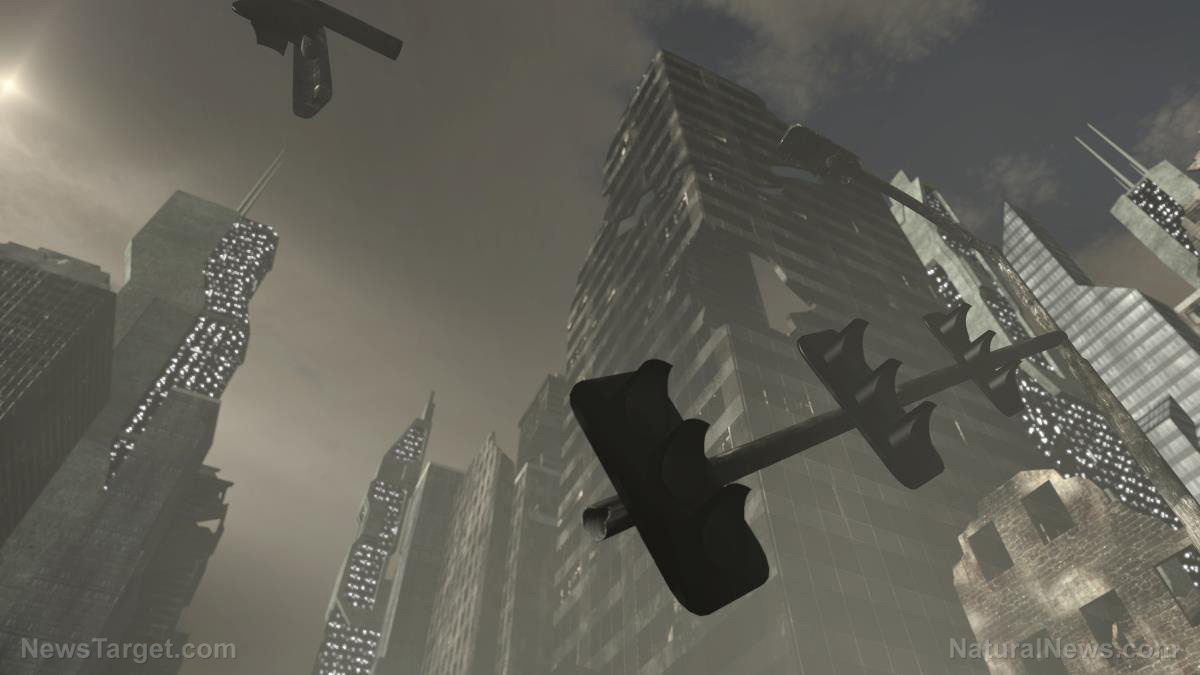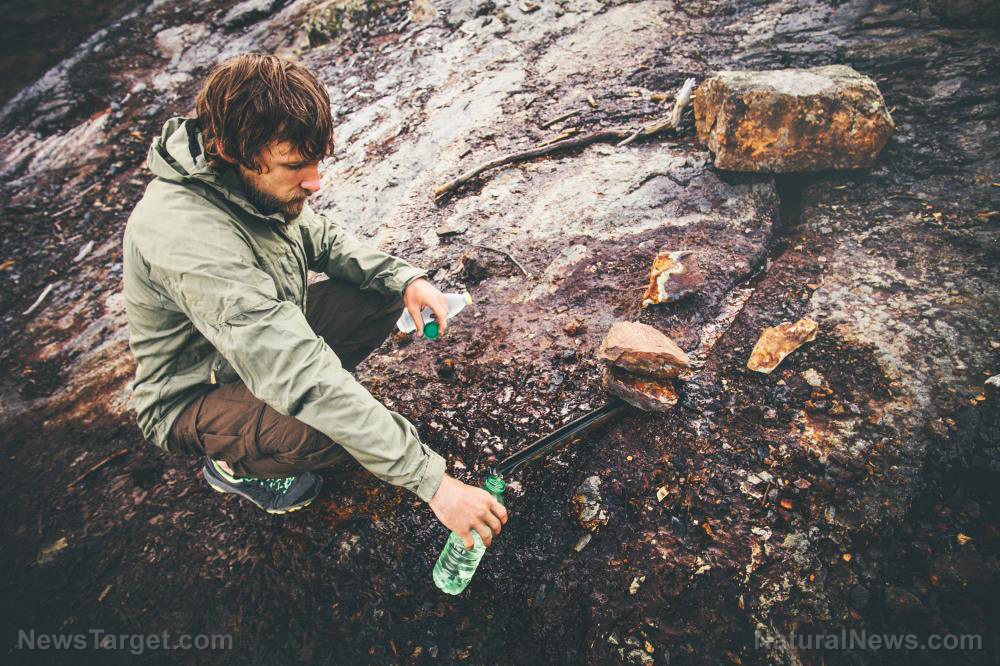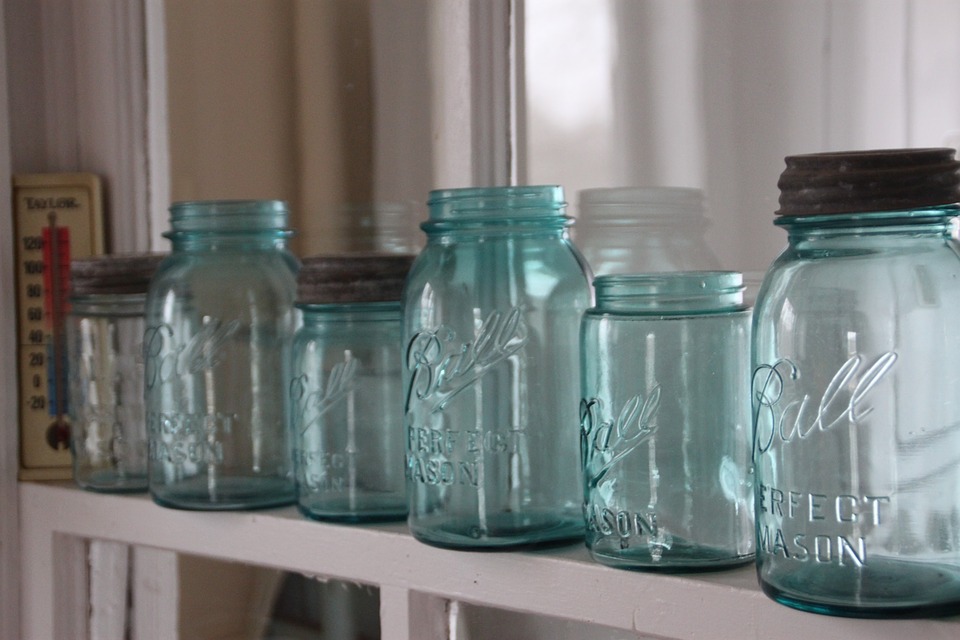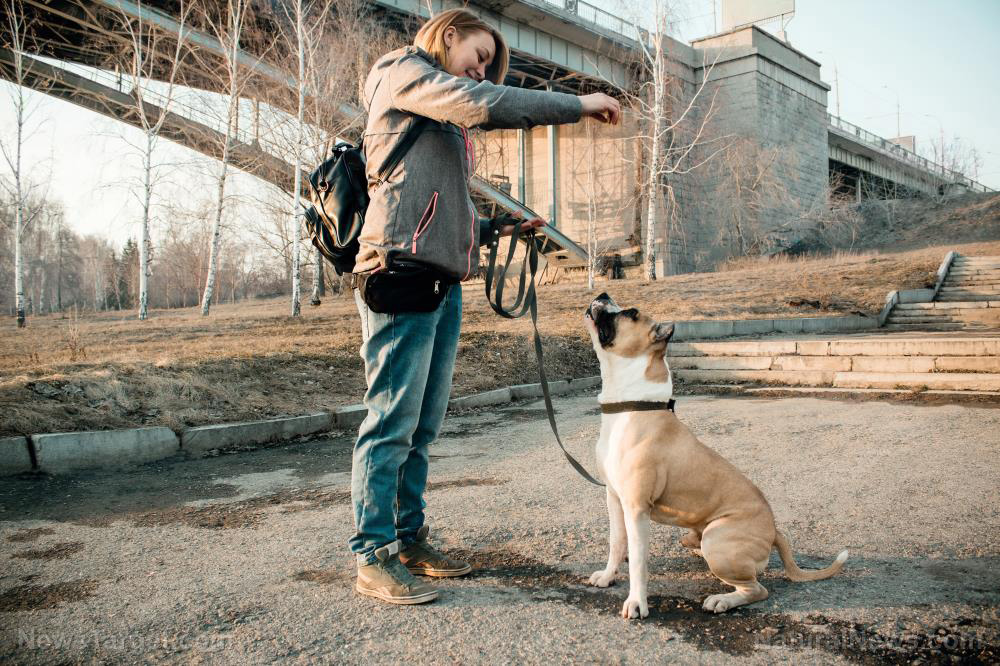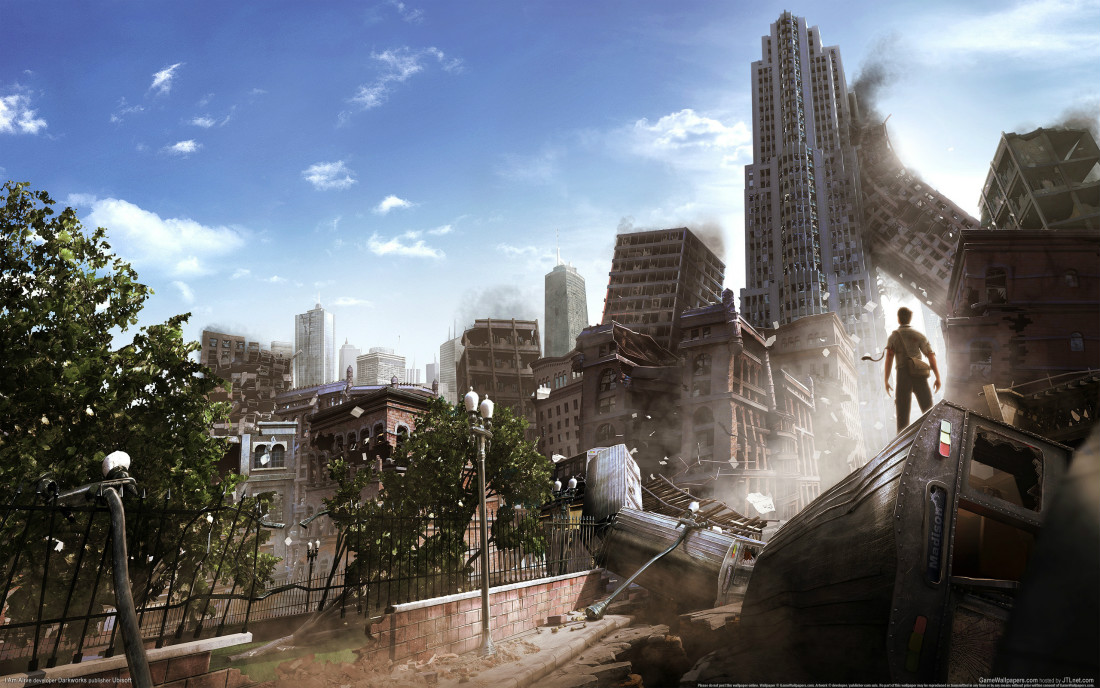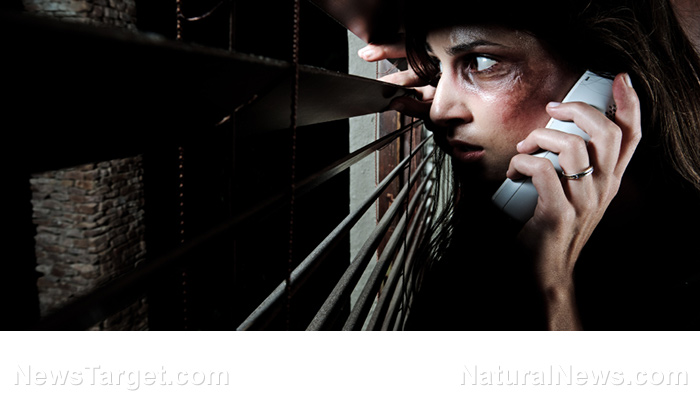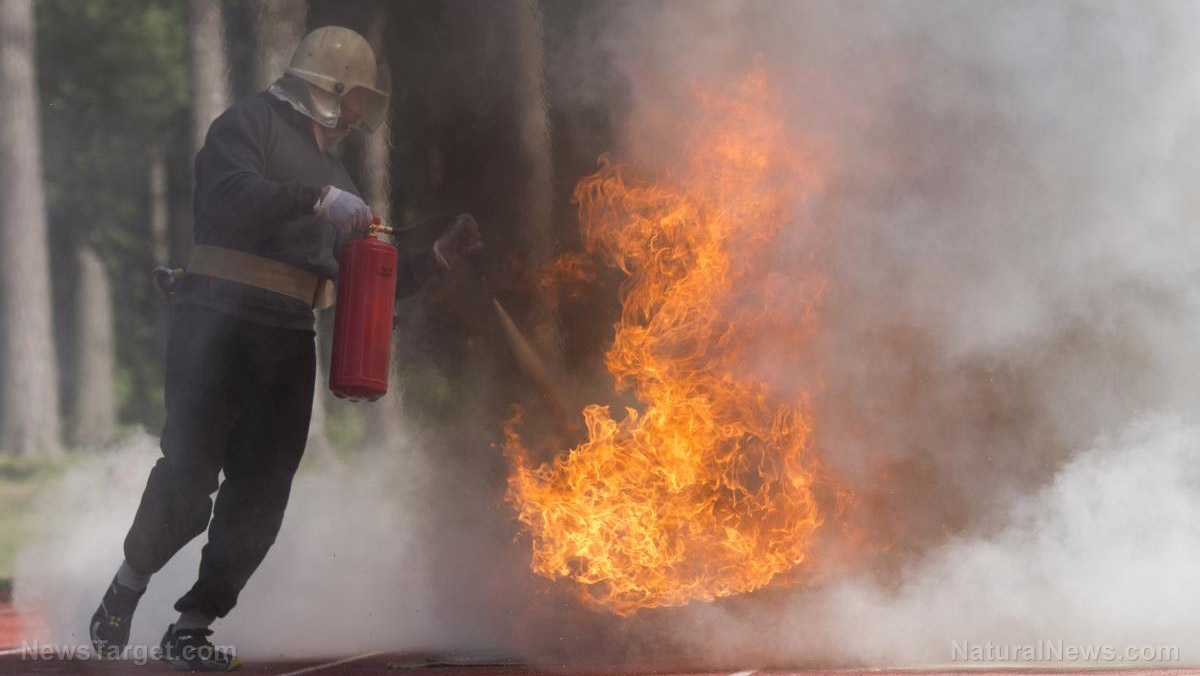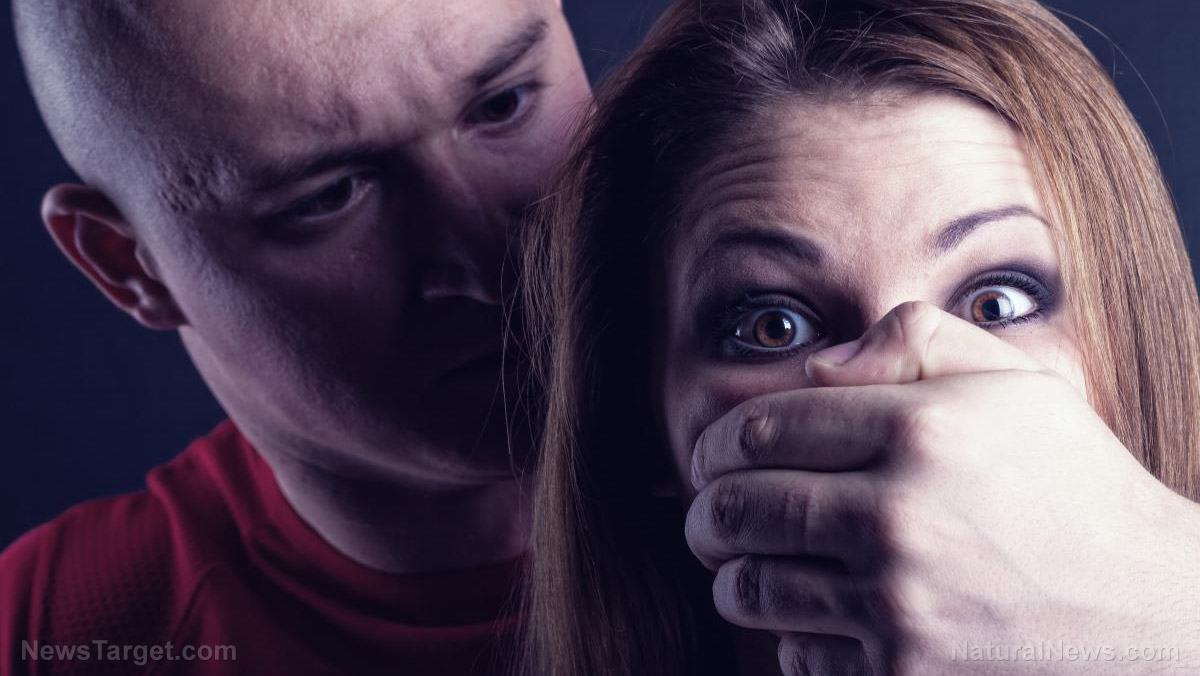Techniques for getting adequate sleep even during a crisis situation
01/07/2019 / By Mary Miller
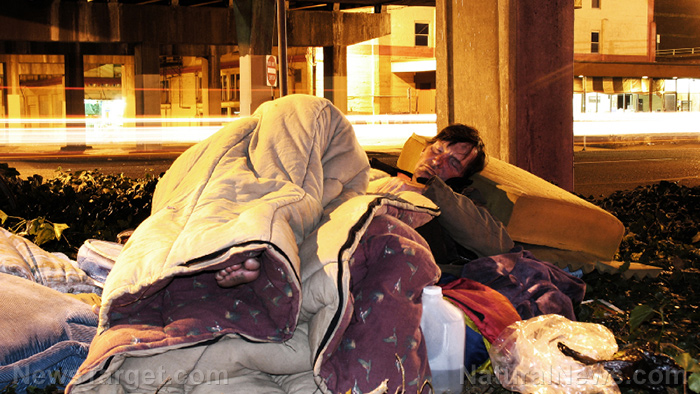
Survival situations often require you to be constantly alert. This tends to mean spending every waking moment worrying about your safety and security. However, at some point your body’s physical needs will catch up with you and you will need to recharge your body by sleeping. Ignoring the urge to sleep can be detrimental to your well-being in the long run. Here are few techniques you can use to get enough sleep even when SHTF. (h/t to SurvivalSullivan.com.)
Rotate lookout shifts and manage sleep cycles
You might find yourself in a situation that requires you to constantly monitor your surroundings. In this case, you can’t allow yourself to be caught off-guard. At the same time, sleep deprivation will hamper your ability to effectively be on the lookout for threats. If you happen to be with other people, establish a system of rotating lookout shifts, so that at least one person can be on the lookout while everyone else can sleep. The more people you have in your group, the less time each person will have to spend being on lookout duty. If you happen to have the misfortune of being alone during such as crisis, all is not lost. You will simply have to manage your own sleep cycle. (Related: How to overcome sleep deprivation during a survival scenario.)
Avoid noise and light
Your sleeping environment is an important factor in your ability to gain restful, quality sleep. Loud noises can keep you awake, either by the nature of their own sound or by fueling your paranoid imaginings of what might be lurking out there beyond your perimeter. If you can, find a quiet place to sleep. If you happen to have a pair of earplugs lying around, you can use them as well to block out the sounds. Bright lights can also be disruptive to proper sleep. Ideally, you should try to find a pitch black area for sleeping, but if this is not possible, then try to at least find a dark area or someplace away from light sources. You can also use a blindfold or bandana to cover your eyes.
Keep cool while sleeping
Cold temperatures are conducive to sleep. Warm temperatures can make you feel restless. This is why it is better to cover your eyes with a blindfold rather than cover your whole face with a blanket. It restricts the circulation of air and makes you feel hot and humid. Find a place with good airflow. As long as the area is well-ventilated, you can also sleep underground as this area tends to be cooler than on the surface. It can also help you to avoid sunlight.
Find a comfortable place to sleep
You may find it difficult to fall asleep without first feeling safe. Safety and comfort should be your priorities in finding a good sleeping spot. Use elevated sleeping platforms to reduce the fear of bugs or animals potentially invading your sleeping space. Even if it doesn’t provide complete protection, it can still have a positive psychological effect on you. Soft surfaces are also more comfortable to sleep on, as opposed to hard and unyielding ones. Use a mattress, chair, or sleeping pad, if you can. If you don’t have any of these, you can make use of a pile of cardboard boxes.
Use relaxation exercises
Few things will keep you awake as much as a frantic mind full of worry. Let go of your pent up stress with a few relaxation exercises. You can even try meditating to help calm you down. As your mind winds down, sleep should follow soon enough.
Stay hydrated and nourished
Getting enough food and water will help to keep you well-rested and energized.
If you want to learn more tips on what to do during a crisis situation, you can read more articles by going to Preparedness.news.
Sources include:
Tagged Under: bug out, bug out bag, emergencies, emergency preparedness, off grid, outdoors, preparedness, preparedness and survival, prepper, prepping, prepping tips, SHTF, sleep, sleep deprivation, sleeping methods, sleeping techniques, survival, survival skills, Survival Tips, survivalist

